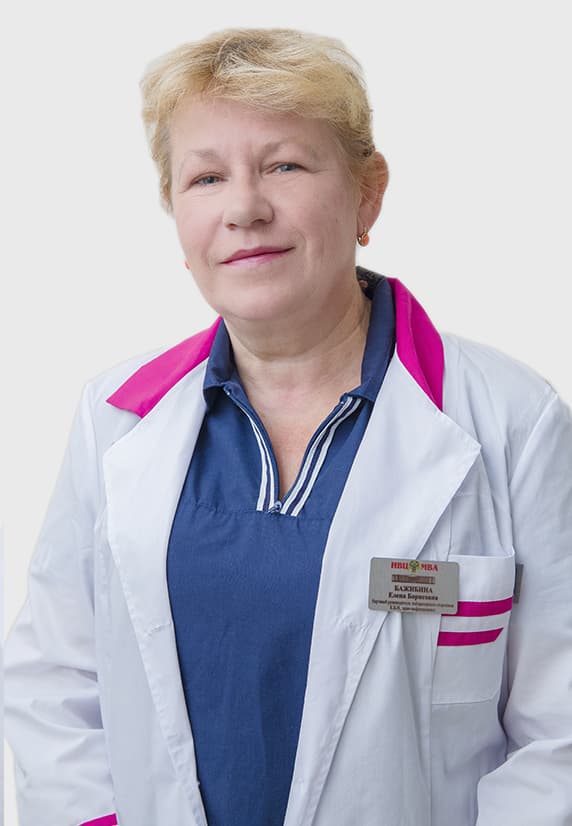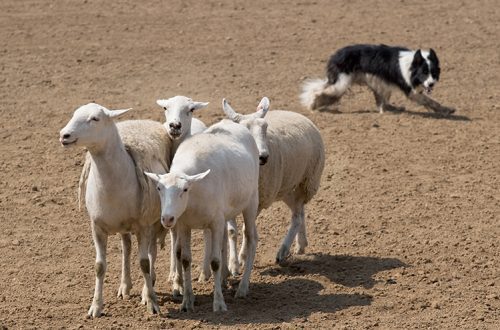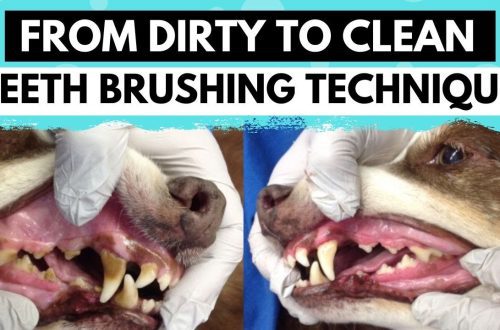
Autumn diseases of pets, and not only: an interview with a veterinary infectious disease specialist
Bazhibina Elena Borisovna — candidate of veterinary sciences, veterinary infectious disease specialist. In a short but very useful interview, Elena Borisovna told SharPei Online about autumn diseases in cats and dogs, about the profession of an immunologist and the prevention of infectious diseases.
- Elena Borisovna, please tell us what is the most important thing in the profession of an immunologist? What does an immunologist treat?

– Practical immunology is a fairly young specialization in veterinary medicine. Despite the fact that immunological reactions (both physiological and pathological) in dogs and cats are ubiquitous, in veterinary medicine there is not yet enough available laboratory tests to reliably confirm the diagnosis. Nevertheless, the demand for such specialists in veterinary medicine is high, because immunological pathologies in animals are quite common.
- What questions can an owner ask an immunologist?
– Many diseases in both dogs and cats are associated with the reaction of the immune system. Here are some of them: post-vaccination complications, chronic diseases accompanied by anemia and / or bleeding (thrombocytopenia), allergies, chronic enteropathy, hepatopathy, dermatitis.
- Is testing important and why?
– After collecting an anamnesis (complaints and observations) of the owner and a clinical examination of the animal, the doctor always has several differential diagnoses. To confirm or refute the suspicions that have arisen, of course, additional laboratory or instrumental research methods are needed.
- What complaints are most often addressed to the veterinary clinic in the autumn-spring period?
– The autumn-spring period is characterized by changes in humidity and temperature – this requires a certain restructuring of the body’s work both in animals and in humans. An increased load on systems and organs, and sometimes the acquisition of new infections (spring-autumn, the heyday of infectious diseases) leads to an exacerbation of chronic bacterial and viral infections.
The most common complaints are increased itching, scratching of the skin or ears, painful urination in small portions, lethargy, refusal to feed, hyperthermia.
- What basic rules for the prevention of infectious diseases are available to each owner?
– Avoid crowded animals.
– Regular medical examination, antiparasitic (including seasonal) treatment.
– Visit a prophylactic infectious disease specialist before mating, exhibition, visiting hotels.
– Do not self-medicate.
– Regularly vaccinate, taking into account the recommendations of a veterinarian, the condition of the animal, infections circulating in the house (nursery).
- What are your top tips for pet owners?
— It is important to examine animals prior to purchase and maintain a quarantine period before contact with other animals in the home or kennel.
– Keep the area where pets are kept clean.
– Watch your pet closely. Conduct regular home examinations, preventively visit a veterinarian.
– Engage in self-development. Read about proper care, about animal health, to create a safe environment and not miss the alarming symptoms.
- Elena Borisovna, thank you very much!
Do you want to know how to provide first aid if:
- the cat has watery eyes, and the dog coughs;
- an unpleasant smell from the ears and the pet often itches;
- found ticks or fleas on the dog;
- Does your dog or cat have difficulty urinating?
Then register for the webinar “”. We will be very glad to see you! 





